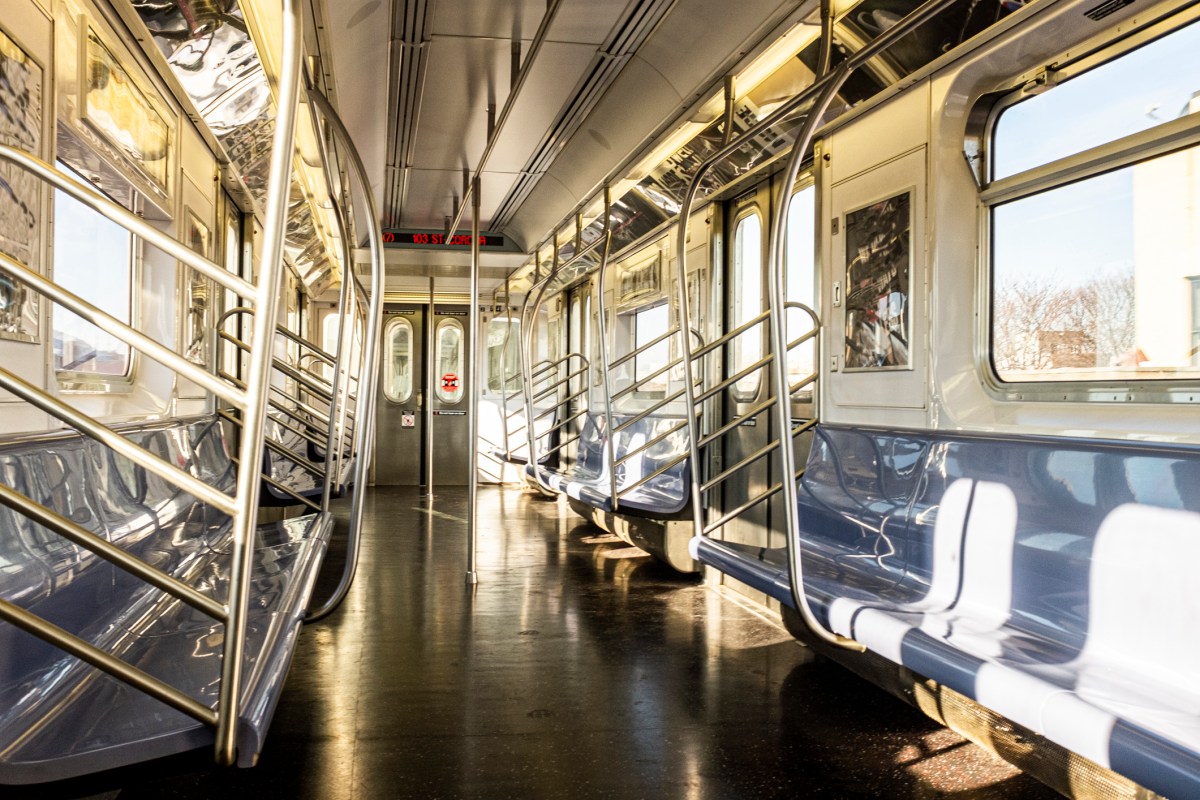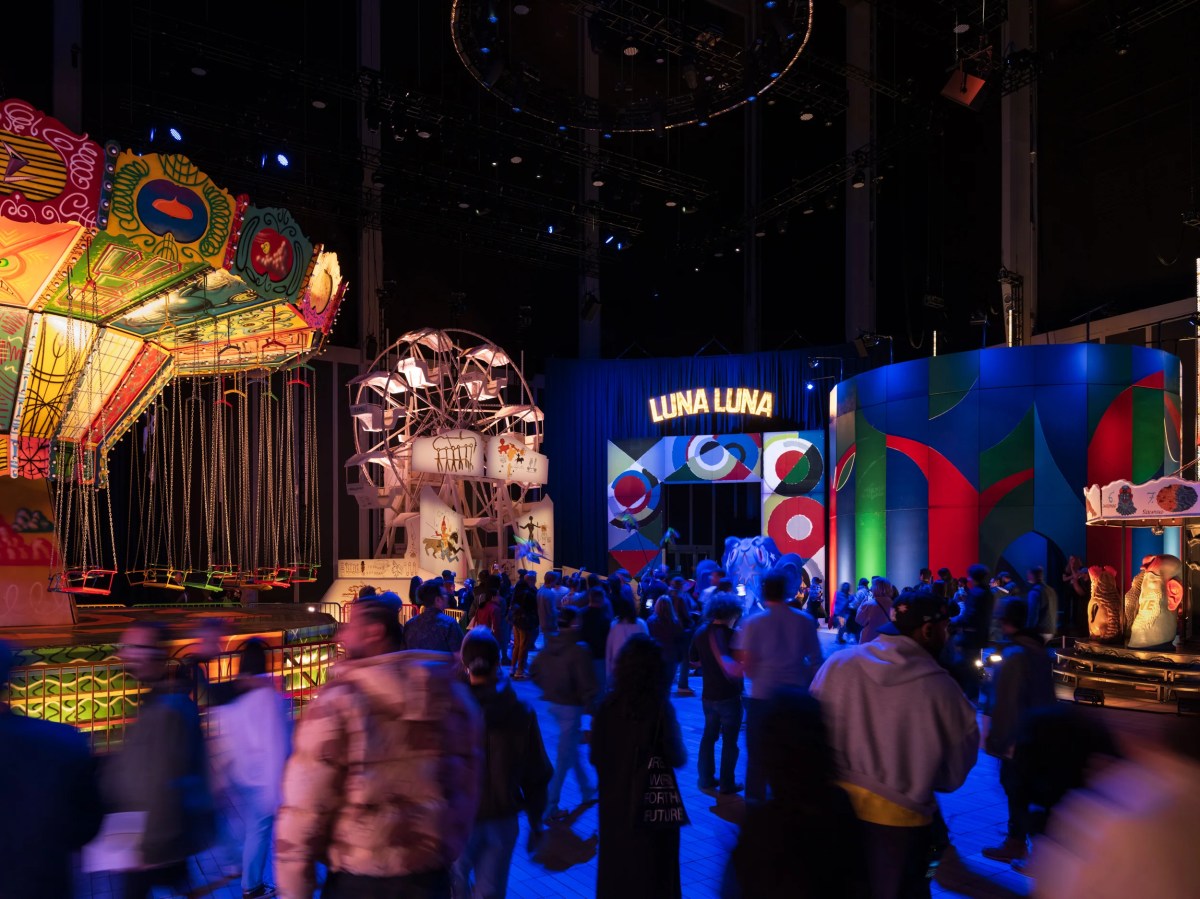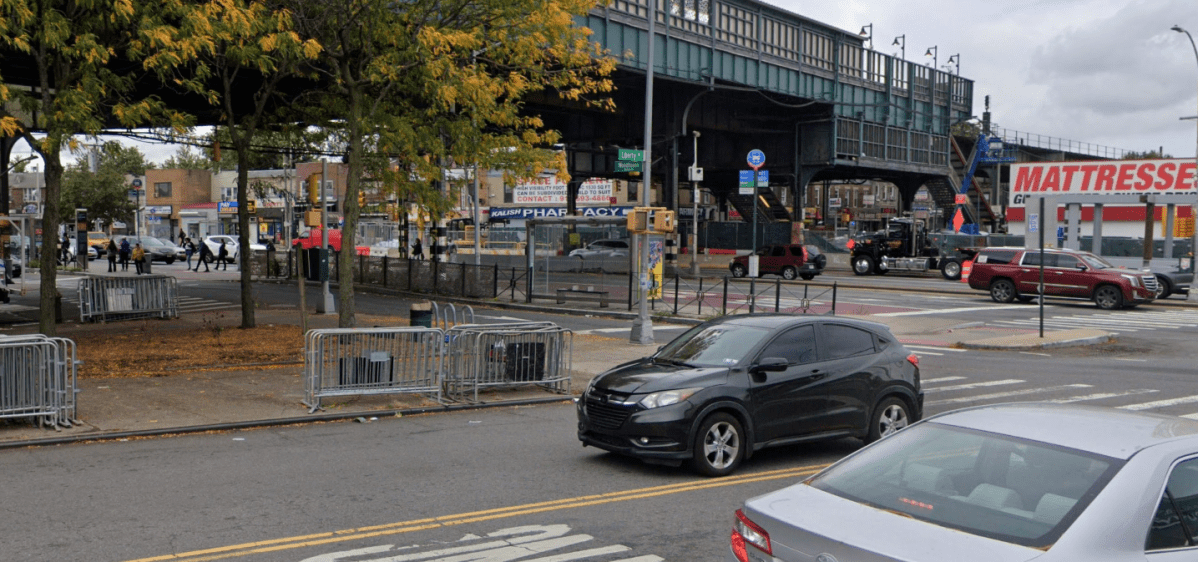
Nurse Elaina Blason is bombarded with a massive to-do list the moment she gets to work. Coffee in hand, her 7 a.m. shift always starts at least 30 minutes early as she assesses patients, plans medications, pages doctors and fulfills test orders. The next 12-plus hours are chaos.
It’s not uncommon for Blason to cry as soon as she gets to her car. This is only her second year as an oncology nurse at an Upper East Side hospital and the 24-year-old already needs biweekly therapy to manage the stress. She’s not alone.
The American Nurses Association found 17 percent of hospital nurses are depressed — nearly double that of the general population. According to ANA, the job’s physical demands contribute to 82 percent of nurses having a "significant level of risk for workplace stress." Twenty-five percent of nurses experienced physical assault by a patient or patient’s family. About half have been bullied.
A 2016 study in the journal Clinical Practice and Epidemiology in Mental Health found nurses experience post-traumatic stress disorder , depression, stress and anxiety because of work conditions.
A lack of support
Still, many employers only provide nurses with employee assistance programs, or EAPs, for short-term counseling. EAPs are not regulated and also face perceived privacy issues, with nurses saying that private sessions are not confidential.

Long Island resident and nurse Ellen Matzer, 61, said that despite pleas for more help, EAPs are the only resource for nurses at many of the six New York hospitals she has worked at within the past 40 years.
"There are no on-site services. When I was a nurse manager, I often filled that role [of a resource]," she said. "There is a social work department that may on occasion talk to a group of nurses about a major incident that affected them but their primary role is for patients."
Matzer, along with fellow nurse Valery Hughes, recently published "Nurses on the Inside: Stories of the HIV/AIDS Epidemic in NYC," detailing the challenge of caring for trauma patients. She said she dealt with the experience by "putting one foot in front of the other," focusing on the job, and not expecting help from anyone, including her employers.
Eileen Toback, executive director of New York Professional Nurses Union (NYPNU), said many registered nurses "are less than thrilled" with EAPs because employers commonly force EAP counseling through disciplinary referrals. Not all EAP programs are protected by HIPAA, a federal privacy regulation banning health care providers from disclosing certain patient information without consent, and the protection depends on what EAP program employers offer. Depending on the program structure, EAP facilitators may share private conversations with the employer, Toback said.
While she said many employers are upfront about this, forced participation eliminates nurse-employer trust.
Matzer, however, said the stipulation is not always disclosed and that voluntary counseling is essential for adequate care.
"There are employee assistance programs that are supposed to be anonymous but most feel that they are not," she said.
Long Island resident Anne Heuser, 57, worked as a nurse in Harlem and Long Island for 35 years and said private EAP details commonly made the rounds among the staff.
“There’s always a leak,” she said.
This issue was particularly noticeable at Nassau University Medical Center, she said, where EAP counselors worked various positions. Nurses suspected counselors took privately discussed EAP matters and gossiped about the information in other departments.
Karen McGlynn, NUMC deputy chief nursing officer, said she is “surprised and sorry” for issues with EAPs, the only mental health resource NUMC offers nurses.
“Nurses are not so forthcoming with sharing their physical or mental issues. … Only a couple of nurses have actually shared that [with me],” McGlynn said. “I just assumed that the staff in EAP were only in EAP and that if anybody would understand confidentiality, it would be our EAP staff.”
This lack of support, said Lisa Baum, occupational safety and health representative for New York State Nurses Association, or NYSNA, impacts patients. Eleven percent of U.S. nurses have made mistakes due to work stress and fatigue, according to Kronos Incorporated’s 2016 study, and 37 percent fear they will do the same.

“The pressure to get everything done no matter what, day in and day out, is a tremendous stress. … When people are under a great deal of stress they make more mistakes or they miss things,” she said. “We refer to our nurses as superheroes and they are, but the fact is they’re still human.”
Resources available
Some local hospitals have attempted improvements. After 10,000-plus nurses threatened to strike in April, Mount Sinai, NewYork Presbyterian and Montefiore all made a landmark deal with NYSNA to hire 1,450 new nurses and set a minimum nurse-to-patient ratio. NewYork Presbyterian declined to comment; Mount Sinai did not respond to multiple requests for comment.
NYC Health + Hospitals and Montefiore both offer a Helping Healers Heal program to connect staff to mental health resources, as well as EAPs. Health + Hospitals staff also train in Mental Health First Aid, a National Council for Behavioral Health initiative that trains individuals to detect and respond to mental health issues, and Montefiore provides an associate wellness program with counseling services.
Nurse resource regulations are minimal. The State Legislature’s Safe Staffing for Quality Care Act, which would mandate specific nurse staffing ratios, is still under consideration.
Baum hailed the legislation and the other programs as positive first steps, but said the problem is still largely unrecognized by most employers and legislators.
"Our question is, we know all this is happening, so why aren’t we changing the environment," Baum said. "We have to understand that [nurses] are an incredibly valuable part of our health care system, and we can’t treat them as dispensable."

































